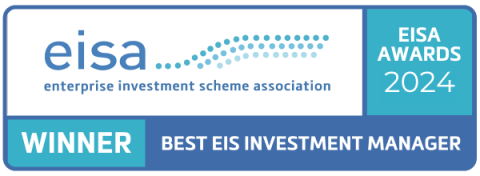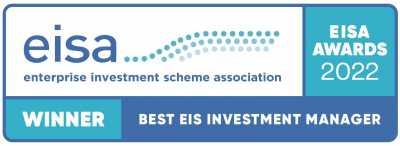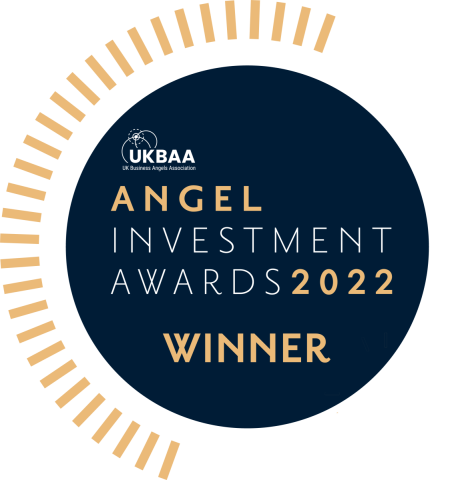Our hybrid investment model
Since 2008, we’ve combined the professionalism, rigour and scale of our discretionary managed funds with the skills, expertise and contacts of our operating partners and the wider Par Investor Network. This is a highly effective investment strategy and a force multiplier for Par Equity, delivering better outcomes for our investors and the founders we back.
Through our discretionary managed funds, we partner with institutional investors, university endowments, family offices, and high-net-worth individuals.
Investors can join the Par Equity community through our Investor Network, EIS fund or Scale-up fund programmes.

EIS Funds
Many investors seek access to venture capital through a diverse portfolio of early-stage tech companies while securing tax relief via the Enterprise Investment Scheme (EIS). Since 2012, we have managed our evergreen EIS Fund and Knowledge-Intensive EIS funds, supporting high-growth businesses with cutting-edge technologies in seed to early Series A rounds across the North of the UK. Our EIS fund programme is backed by individual investors and supported by the UK’s leading wealth managers.
Scale-up Fund
Since 2023, we have managed institutional capital to help standout companies in the North of the UK secure Series A investments of £5m - £20m. Addressing a gap in the UK funding landscape, this programme focuses on enterprise software and deep tech opportunities, unlocking additional capital from London and international-based investors. Our Scale-up programme is backed by institutional investors, university endowments, family offices, and high-net-worth individuals.
Our awards













Our investor network
The Par Investor Network is a large and engaged group of individuals who invest in and alongside our EIS and Scale-up Funds. Through Par Equity, members gain access to innovative tech companies from across the North of the UK and they have the option to invest on an execution-only basis. Many investors also use their domain expertise to help with our deal origination, due diligence, portfolio management, and exits.